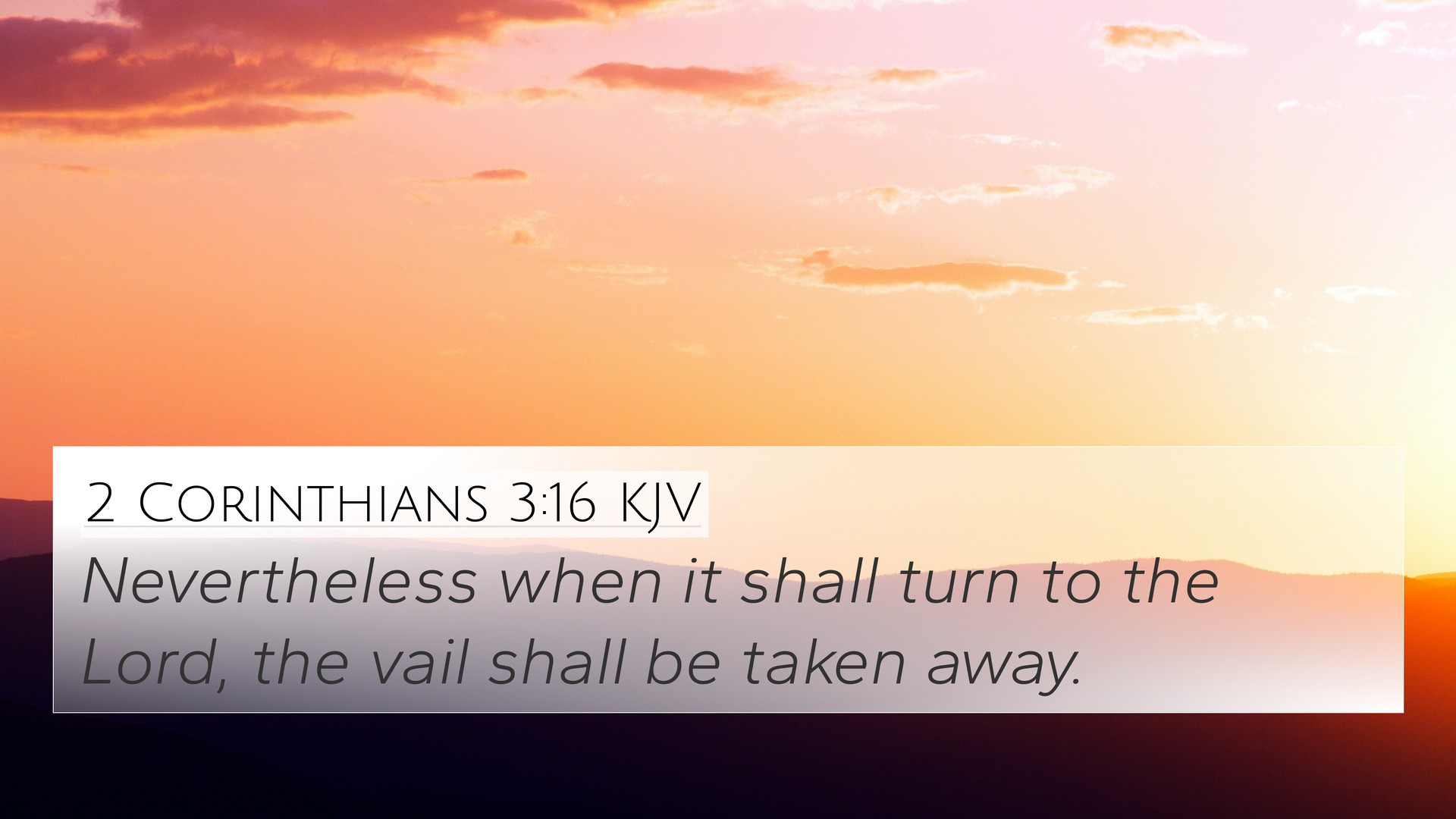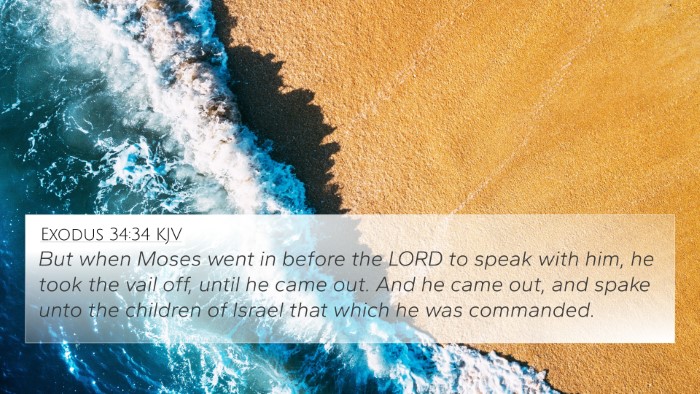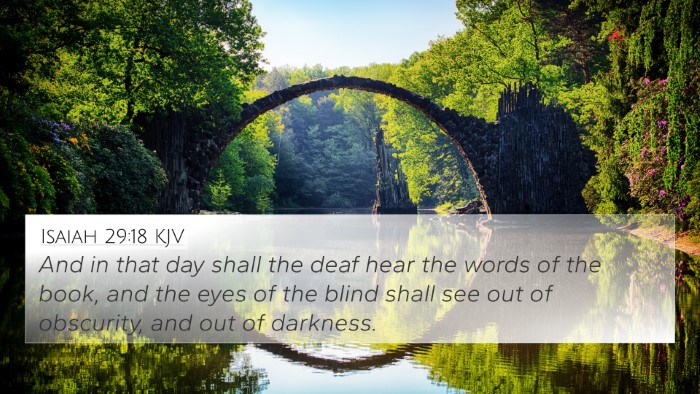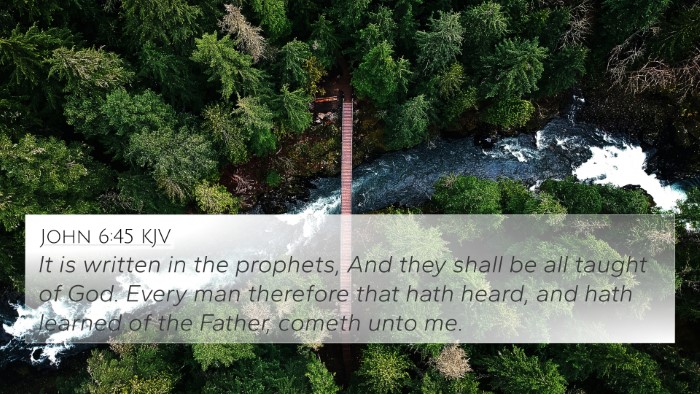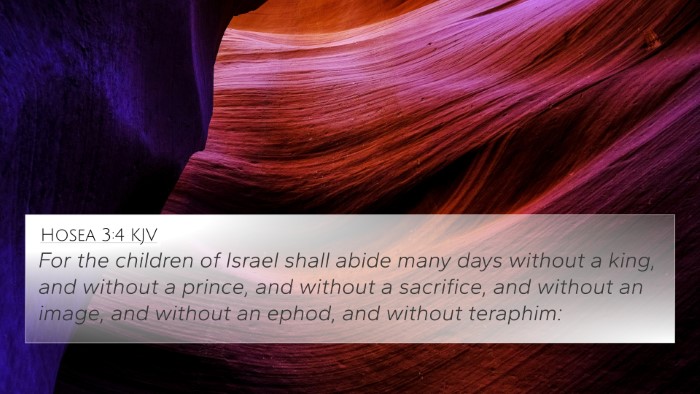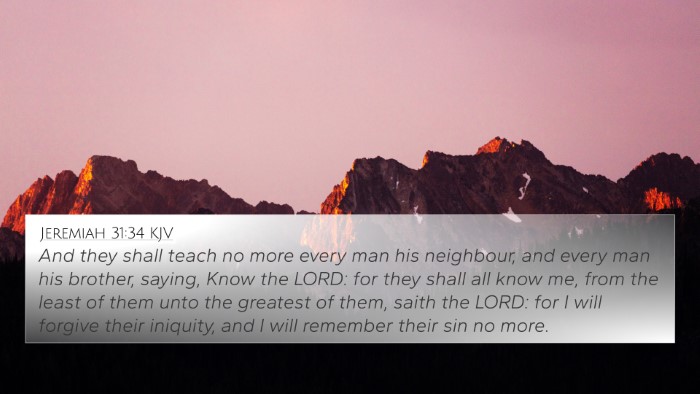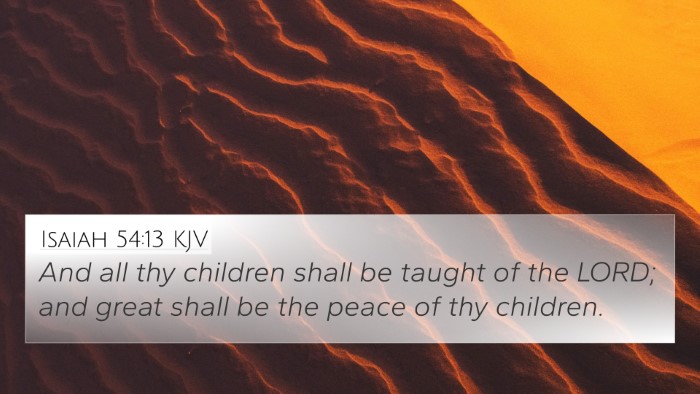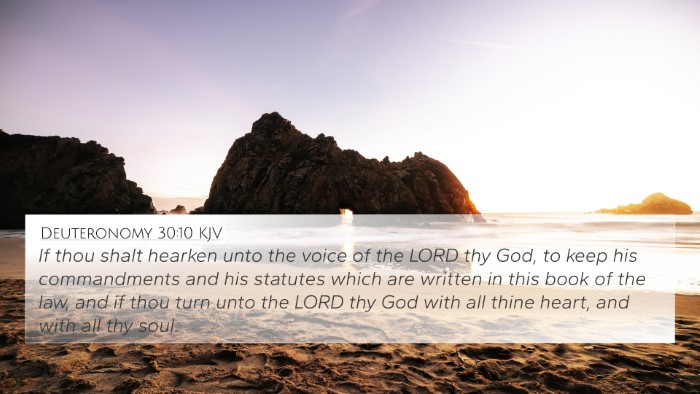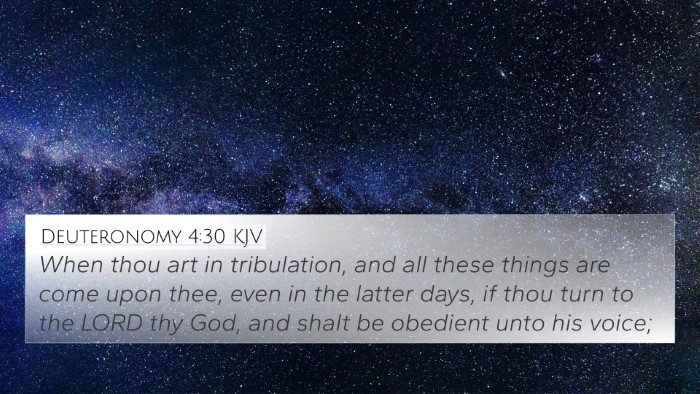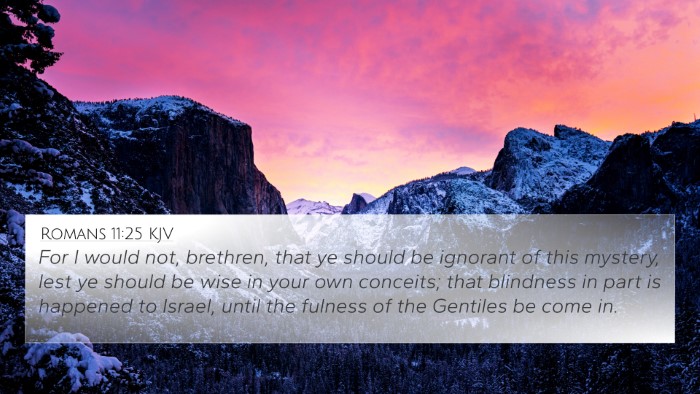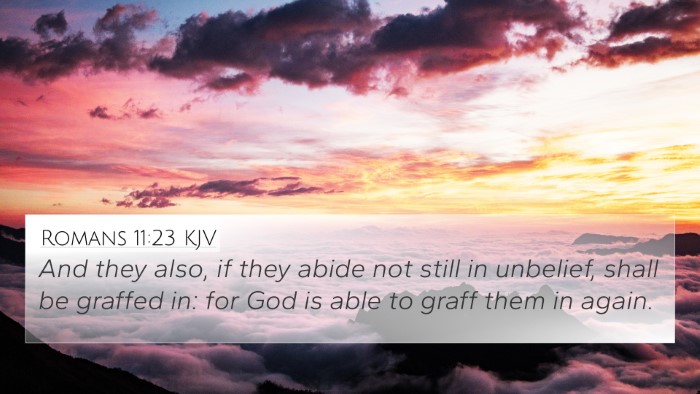Understanding 2 Corinthians 3:16
In 2 Corinthians 3:16, the Apostle Paul writes, "But whenever anyone turns to the Lord, the veil is taken away." This verse encapsulates a transformative moment of spiritual awakening that can only be realized through a personal relationship with Christ. Below, we explore its meaning through insights from renowned public domain commentaries.
Verse Breakdown
Paul addresses a profound theological truth: the removal of spiritual blindness (the "veil") that separates humanity from God’s glory. Reflecting on this verse, several key interpretations emerge:
- Matthew Henry:
Henry illustrates that the "veil" represents the hardened hearts of those who do not accept Christ. When one accepts the Lord, they experience a transformative clarity and understanding of God's grace.
- Albert Barnes:
Barnes emphasizes the significance of "turning to the Lord." This act of turning is an essential condition for the divine revelation and is indicative of repentance and faith.
- Adam Clarke:
Clarke notes that the veil implies a barrier in understanding spiritual truths. When someone turns to the Lord, this barrier is removed, enabling them to perceive and enjoy the full glory of God.
Theological Insights
This verse illustrates important theological themes, including:
- Transformation: The transition from darkness to light signifies a believer’s journey of faith.
- Revelation: God’s nature becomes clearer and more accessible when one embraces Christ.
- Personal Relationship: The personal aspect of turning to the Lord emphasizes faith as an active choice and relationship, rather than passive acceptance.
Bible Verse Cross-References
To deepen the understanding of this verse, here are some connected scriptures that provide additional context and insights:
- Exodus 34:34-35: Discusses Moses’ experience with God and the veiling of his face.
- John 1:14: “And the Word became flesh and dwelt among us, and we beheld His glory...” highlights the revelation of God’s glory in Christ.
- 2 Corinthians 4:3-4: Mentions the god of this world blinding the minds of the unbelievers.
- Isaiah 25:7: Prophesies the removal of the covering cast over all people, symbolizing redemption.
- Romans 11:25: Discusses partial hardening that has come upon Israel, reiterating the need for openness to the Gospel.
- Galatians 3:24: The Law was a tutor to bring us to Christ, depicting a shift from the old covenant to the new.
- 1 John 1:5: “God is light and in Him is no darkness at all.” This highlights the transformative power of God’s presence.
Connections Between Bible Verses
The verse from 2 Corinthians naturally links to various themes and insights found throughout Scripture:
- Thematic Bible Verse Connections: The concepts of light vs darkness, understanding vs ignorance, and grace vs the law.
- Inter-Biblical Dialogue: The relationship between the Old Testament promises of revelation and the New Testament fulfillment in Christ.
- Comparative Bible Verse Analysis: Examining how different writers address spiritual blindness and revelation illuminates the unity of Scripture.
Tools for Bible Cross-Referencing
For those seeking to delve deeper into Scripture and explore intricate connections, consider employing tools designed for cross-referencing:
- Bible Concordance: A comprehensive index that allows users to locate verses based on specific words or themes.
- Bible Cross-Reference Guide: Handy resources that indicate verses related to each other by theme or context.
- Cross-Reference Bible Study: Engaging in studies that focus solely on linking verses enhances understanding.
- Bible Reference Resources: Collections of scholarly annotations and explanations that expose deeper meanings.
Conclusion
2 Corinthians 3:16 is not just a standalone verse but a pivotal part of the larger narrative of redemption found in Scripture. Through a careful examination of the text, cross-referencing related verses, and engaging with various biblical commentaries, believers can experience profound spiritual truths that shape their understanding of God’s glory. As one turns to the Lord, the veil is removed, allowing for a clearer vision of His majesty and grace.
